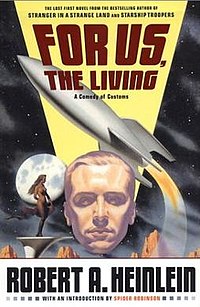Podcaster, author, and philosopher Ben Burgis recently published a short series of essays called Canceling Comedians While The World Burns. In this body of work, Burgis positions himself as a critic of certain tendencies on the left. But he critiques these tendencies from a strategic, (genuinely) sympathetic, and constructive perspective.
I think that’s a good idea. In fact, I try to do it myself from time to time. And not just because I’m also a philosopher and we like that sort of thing. Though I am also a philosopher, and we do like that sort of thing. Rather, because it’s a practical, useful skill for the left. We should think more deeply about strategy. And we should think about how our choices and public presentation affect how and whether we recruit new members, appeal to target audiences, and achieve results.
Burgis writes Canceling Comedians While The World Burns with these things in mind, and I’ll keep them in mind in discussing his book.
Continue reading




